
The cultural phenomenon that is the U.S. version of “The Office” continues to captivate audiences worldwide, its hilarious yet heartfelt stories of Dunder Mifflin’s Scranton branch finding new life and loyal fans through streaming services like Netflix and Peacock. Even though the final episode aired in 2013, the characters, the iconic moments, and the subtle nuances of office life crafted by its brilliant ensemble cast remain as fresh and relevant as ever. It’s a testament to the show’s timeless appeal that, years after its conclusion, we still return to it for comfort, laughter, and a surprising depth of human connection.
Yet, as the years tick by, it’s easy to overlook that while the Dunder Mifflin saga remains frozen in time on our screens, the real lives of the talented individuals who brought its world to life have continued their own journeys. Many of the main cast members have gone on to achieve even greater stardom, from Steve Carell’s recent “Space Force” escapades to John Krasinski’s transformation into an action hero and acclaimed director. However, behind the familiar faces and well-trodden narratives lie the stories of other integral players, those who, often in smaller or recurring capacities, left an indelible mark on the fabric of the show.
It is with a profound sense of appreciation and a touch of melancholy that we embark on a journey to remember some of these unforgettable actors. These are the individuals who, though perhaps not always in the spotlight, contributed significantly to “The Office’s” magic, filling memorable roles that resonated deeply with viewers. Their careers often spanned decades, encompassing a rich tapestry of performances in film, television, and on stage. In this in-depth exploration, we aim to honor their artistry, recount their contributions to the Dunder Mifflin universe, and reflect on the remarkable lives they led, tragically cut short, but never truly forgotten.

1. **Ken Howard**One of the earliest figures we remember from the periphery of Dunder Mifflin is Ken Howard, who brought a distinguished, albeit fleeting, presence to the role of Michael Scott’s old boss, Ed Truck. Howard appeared in only a single episode, Season 2’s “The Carpet,” yet his character’s impact extended far beyond that brief appearance. Michael, in his characteristic blend of manipulation and insecurity, fools Ed into returning to the office with a fabricated story about retirement issues, only to seek advice on a perceived employee prank. This interaction, though short, provided a glimpse into Michael’s past and his complex relationship with authority figures.
The true weight of Ed Truck’s character, however, was felt in a later episode, Season 3’s “Grief Counseling.” It is here that Michael learns of Ed’s death, an event that forces the ever-immature regional manager to confront his own mortality. In typical Michael Scott fashion, this contemplation leads to a bizarre yet oddly touching “funeral in the parking lot for a dead bird,” a moment that perfectly encapsulates the show’s ability to blend the absurd with genuine human emotion. Howard’s portrayal, even in a single scene, laid the groundwork for this significant narrative beat, illustrating the ripple effect of even minor characters in a tightly woven ensemble.
Beyond his singular appearance on “The Office,” Ken Howard’s career was extensive and celebrated, stretching across multiple decades and mediums. One of his most iconic roles was that of Coach Ken Reeves on the popular late ’70s/early ’80s CBS drama, “The White Shadow,” a performance that endeared him to a generation of television viewers. His talents weren’t limited to television, however. In 1972, he garnered significant acclaim for his award-winning portrayal of Thomas Jefferson in the musical “1776,” demonstrating a versatility that few actors achieve.
Howard also graced the silver screen in a variety of memorable film roles, including parts in action-packed thrillers like “Rambo,” critically acclaimed dramas such as “Michael Clayton,” and historical biopics like “J. Edgar.” His ability to seamlessly transition between these diverse genres speaks volumes about his range and enduring appeal as a character actor. Ken Howard passed away in March 2016 at the age of 71, with his death attributed to pneumonia complicated by shingles and prostate cancer, leaving behind a legacy of compelling performances that enriched both stage and screen.
Read more about: Donald J. Trump: A Deep Dive into the Divisive Legacy of a President, Businessman, and Media Mogul

2. **Patrice O’Neal**The comedy world suffered a profound loss in November 2011 with the passing of Patrice O’Neal, a brilliant stand-up comedian and actor. His death at the tragically young age of 41, due to complications from a stroke, sent shockwaves through the entertainment community, prompting numerous tributes from fellow actors and comics who recognized his unique genius. O’Neal was celebrated for his fearless, insightful, and often uncomfortably honest brand of humor, which earned him a revered place among his peers and a devoted following.
On “The Office,” O’Neal brought his distinctive energy to the recurring role of Lonny Collins, affectionately known as Sea Monster, a warehouse worker whose blunt honesty often served as a hilarious foil to the more diplomatic Darryl, played by Craig Robinson. Lonny appeared in each of the first three seasons, often delivering lines that felt like the unfiltered thoughts Darryl himself might be suppressing. He embodied a certain blue-collar exasperation, a refreshing dose of reality against Michael Scott’s often-delusional antics.
His appearances were always memorable, highlighting the friction and comedic contrast between the office staff and the warehouse crew. In Season 2’s “Boys and Girls,” Lonny’s frustration was palpable when Michael’s attempts to bridge the gap between the two groups resulted in chaos and damage in the warehouse. He was visibly more put out than most, his expressions speaking volumes. This candid irritation allowed the audience to see the genuine impact of Michael’s eccentricities on those around him.
Perhaps one of his most iconic moments came in Season 3’s “Safety Training,” an episode where he unflinchingly humiliated Michael. During a training session meant to warn office workers about depression, Lonny famously called it “fat butt disease,” a remark that was both outrageously funny and deeply uncomfortable, perfectly encapsulating his no-holds-barred comedic style. Patrice O’Neal’s presence, though not central, was a vibrant and essential part of “The Office’s” early seasons, and his legacy as a comedic force endures.
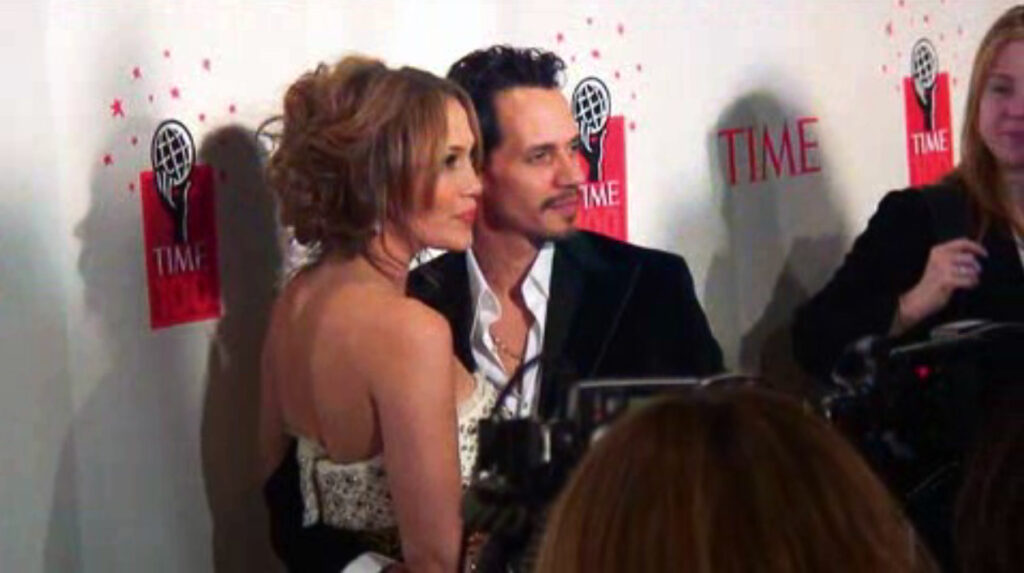
3. **Ranjit Chowdry**For devoted fans of “The Office,” the name Vikram conjures images of Michael Scott’s brief, ill-fated foray into telemarketing, a role brought to life with charming precision by Ranjit Chowdry. Michael encounters Vikram in Season 4’s “Money,” when his burgeoning financial woes push him to take a temporary gig selling diet pills. Unlike Michael, who struggles with the telemarketing grind, the former surgeon Vikram effortlessly excels, consistently earning the top salesman position at the Lipophedrine Diet Pill Company. This stark contrast provided ample comedic fodder, with Vikram serving as a calm, competent anchor to Michael’s flailing attempts at sales.
Vikram’s brief but memorable tenure wasn’t limited to the telemarketing office. The following season, in “Dream Team,” Michael, ever the visionary (or deluded opportunist), recruits Vikram for the ambitious, albeit short-lived, Michael Scott Paper Company. However, Vikram’s pragmatic nature quickly recognized the impending disaster during an “investors meeting” composed solely of Michael’s grandmother and her friends, leading him to wisely depart when it became clear Michael was woefully unprepared. Chowdry’s understated performance lent credibility to Vikram’s intelligence and quiet wisdom, making his decisions entirely understandable within the show’s comedic universe.
Long before his stint selling diet pills on “The Office,” Ranjit Chowdry had already carved out a significant career as a busy character actor, with a repertoire spanning stage, screen, and film since the late ’70s. His talent for nuanced performances secured him prominent recurring roles such as Mr. Singh on “Cosby” and Dr. Marvin Gudat on “Prison Break,” showcasing his versatility across different genres and dramatic tones. He also made numerous one-off appearances on popular shows like “Law and Order: Special Victims Unit” and “Girls,” cementing his reputation as a reliable and engaging presence.
Chowdry’s influence and work were particularly prolific and celebrated in his home country, India. Indian actor Rahul Khanna, in a heartfelt tweet, acknowledged Chowdry as “a towering icon of Indian diaspora cinema and a master of his craft.” This tribute speaks volumes about the breadth of his impact and his significant contributions to cinema beyond American screens. Ranjit Chowdry passed away in April 2020 at the age of 65 after emergency surgery to correct a ruptured ulcer, leaving behind a diverse and impactful body of work that truly made him a global talent.
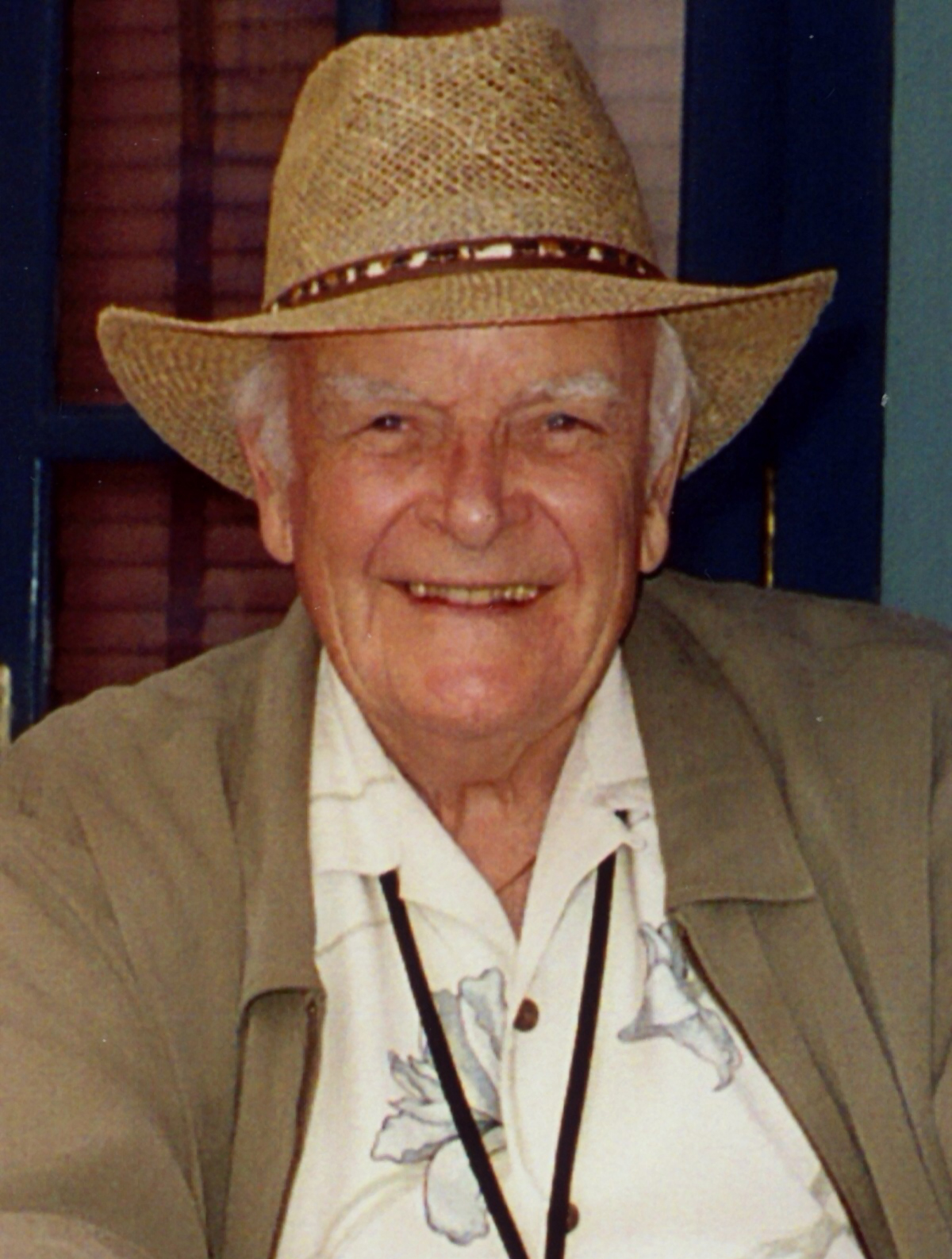
4. **John Ingle**To consider oneself a true “Dunder Mifflin historian” requires remembering a very specific, yet profoundly significant, guest appearance: John Ingle as Robert Dunder, one of the company’s venerable founders. Ingle’s single appearance in Season 4’s “Dunder Mifflin Infinity” was pivotal, as it served Michael Scott’s desperate, if misguided, attempt to shame Ryan. Michael, paranoid by Creed’s warnings about Ryan’s new promotion and potential plans to sideline older employees, decides to handle the situation in his characteristic chaotic fashion: by orchestrating a confusing conference room meeting.
The dramatic weight of the scene rested on Ingle’s shoulders, as he portrayed the elderly and rather bewildered Robert Dunder, a living relic of the company’s origins. Michael invites Dunder to the meeting, hoping his physical presence will highlight Ryan’s perceived disrespect for the company’s history and its older workforce. This moment, though brief, visually anchors the company’s past to its present, offering a rare glimpse into the mythical figures behind the paper empire. Ingle’s quiet dignity in the role underscored the absurdity of Michael’s scheme, making the moment both poignant and comical.
While his portrayal of the benevolent Robert Dunder was relatively understated, John Ingle was far more renowned for a role that showcased a distinctly different, much more ruthless side of his acting prowess. Starting in 1993, he took over the iconic character of the cruel patriarch Edward Quartermaine on the beloved daytime soap opera “General Hospital” from the late David Lewis. For nearly two decades, with only a brief hiatus from 2004 to 2006, Ingle inhabited the role of Quartermaine, becoming a staple of daytime television and a formidable presence for millions of viewers.
Ingle’s versatility also extended to the realm of voice acting, where he lent his distinctive voice to Mr. Threehorn, the stern but loving father of Cera, in the popular “Land Before Time” animated film series. This role showcased his ability to convey warmth and authority, contrasting sharply with his soap opera persona. John Ingle died of cancer-related complications in September 2012 at the age of 84, leaving an enduring legacy across both the serialized drama of daytime television and the whimsical world of children’s animation.
Read more about: 14 Cinematic Shots Where Dialogue and Action Were Improvised – Pure, Unscripted Magic That Defined Eras
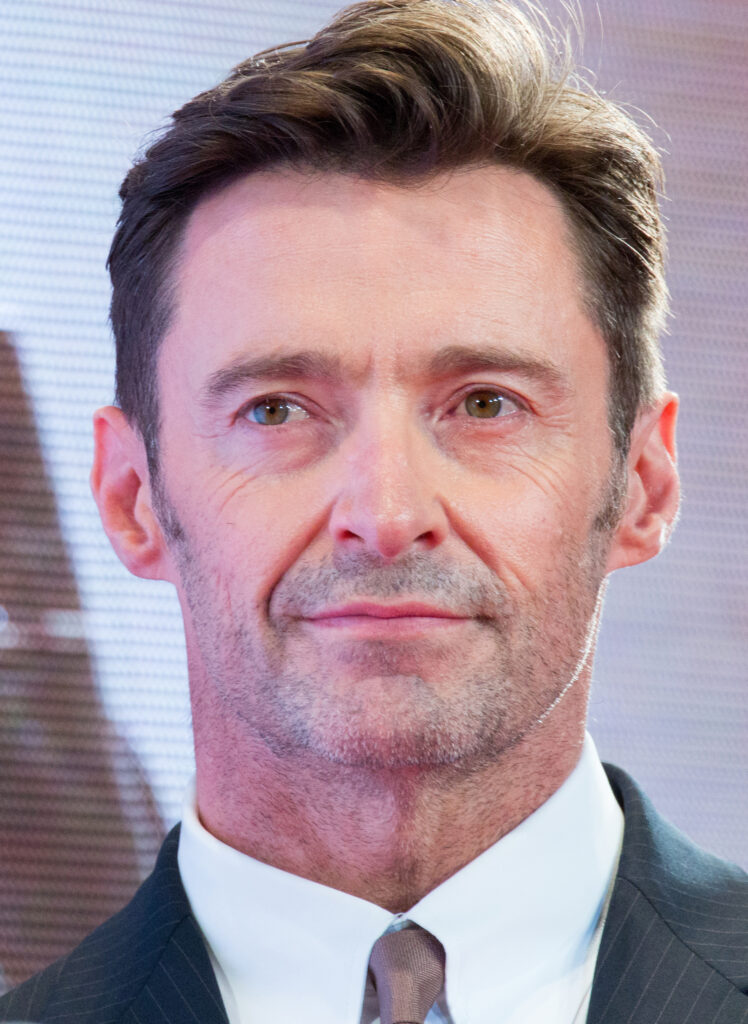
5. **Hugh Dane**Few characters embodied the quietly consistent, grounding presence of the Dunder Mifflin Scranton office quite like Hank Tate, the security guard. Brought to life by the wonderfully understated Hugh Dane, Hank was a memorable part of “The Office” family, even if his lines of dialogue were often sparse. His presence was a subtle anchor, a familiar face witnessing the daily chaos and eccentricities that unfolded within the building’s walls, providing a sense of stability that the main office staff often lacked.
Hank’s role evolved beyond merely guarding the premises; he frequently found himself drawn into the comedic orbit of the Dunder Mifflin employees. In Season 2’s “Drug Testing,” it was Hank who solemnly swore Dwight into his self-appointed, entirely made-up role on the security team, a moment of deadpan brilliance that highlighted Dwight’s earnest absurdity. Later, in Season 4’s “Night Out,” he was the exasperated security guard whose name no one could remember, stuck dealing with the office workers who were locked out of the parking lot after staying late. These interactions showcased Dane’s natural comedic timing and his ability to convey a world-weary patience.
Beyond his official duties, Hank Tate even dipped his toes into the office’s social events, famously selling his “particularly unimpressive blues CD” for Michael’s ill-fated benefit show, “Crime Aid,” in Season 5. This small detail added another layer to his character, suggesting a life and passions beyond the security desk, and cementing his place as an integral, if peripheral, member of the Dunder Mifflin community. Dane’s performance consistently brought a quiet dignity and subtle humor to a role that could easily have been unforgettable.
Hugh Dane was a well-known and respected character actor with a career in film and television stretching back to the early ’90s. His distinctive presence graced numerous productions, with memorable appearances in popular films such as the comedy “Bridesmaids” and the horror film “Joy Ride,” showcasing his versatility across genres. Dane passed away from pancreatic cancer in May 2018 at the age of 75, prompting an outpouring of online tributes from his “The Office” co-stars. Steve Carell affectionately called him a “terrific guy,” Mindy Kaling lauded him as “one of the funniest actors ever,” and Rainn Wilson simply named him “one of the greats,” underscoring the deep affection and respect he commanded among his colleagues.
Read more about: Tom Cruise’s Ageless Secret: Unpacking His Extreme Fitness Routine Trainer Reactions and The Big2025Stunt Double Reveal
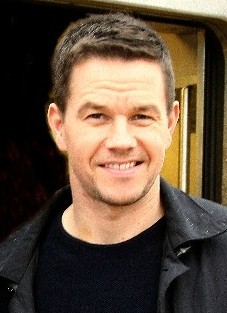
6. **Mark York**The Scranton Business Park, a bustling hub of various enterprises, was expertly managed and owned by William “Billy” Merchant, a character portrayed with genuine warmth and understated authority by Mark York. Billy first appeared in Season 2 of “The Office,” becoming a familiar face who navigated the quirky tenants and their often-outlandish requests with a calm demeanor. His presence provided a crucial anchor to the broader world outside the Dunder Mifflin office, reminding viewers that the branch was just one part of a larger, equally absurd ecosystem.
Billy Merchant’s most memorable appearance came in an episode partially set at Chili’s, where Michael Scott, ever socially awkward, mistakenly believed that Billy, who used a wheelchair, had brought his nurse to dinner instead of his girlfriend. This moment, delivered with characteristic comedic cringe, highlighted Michael’s profound lack of social graces while also bringing a quiet dignity to Billy’s character. York’s portrayal allowed the audience to see Billy not as a prop for Michael’s blunders, but as a fully realized individual whose personal life was simply observed through Michael’s skewed lens.
As the series progressed, Billy Merchant remained a consistent, if infrequent, presence, culminating in a significant plot point in Season 6 when Dwight Schrute, in one of his many ambitious schemes, eventually purchases the Scranton Business Park directly from Billy. This transaction marked a shift in the dynamics of the building and reinforced Billy’s role as an established figure within the show’s universe. York’s ability to imbue even minor interactions with authenticity made Billy a consistently engaging character.
Tragically, news broke on May 24, 2021, that Mark York had passed away at the age of 55. A poignant detail revealed in his obituary was that York himself used a wheelchair in real life, a result of a car accident that occurred in 1988. This personal circumstance brought an additional layer of authenticity to his portrayal of Billy Merchant, making his character all the more relatable and admirable. York’s funeral was held in Ohio that weekend, a quiet farewell to an actor who brought a distinct and memorable presence to “The Office,” enriching its ensemble with his gentle authority and memorable performances.
Read more about: Unraveling the Legend: Marlon Brando’s Revolutionary Method Acting, His Tahitian Dream, and the Elusive Quest for His Own Story
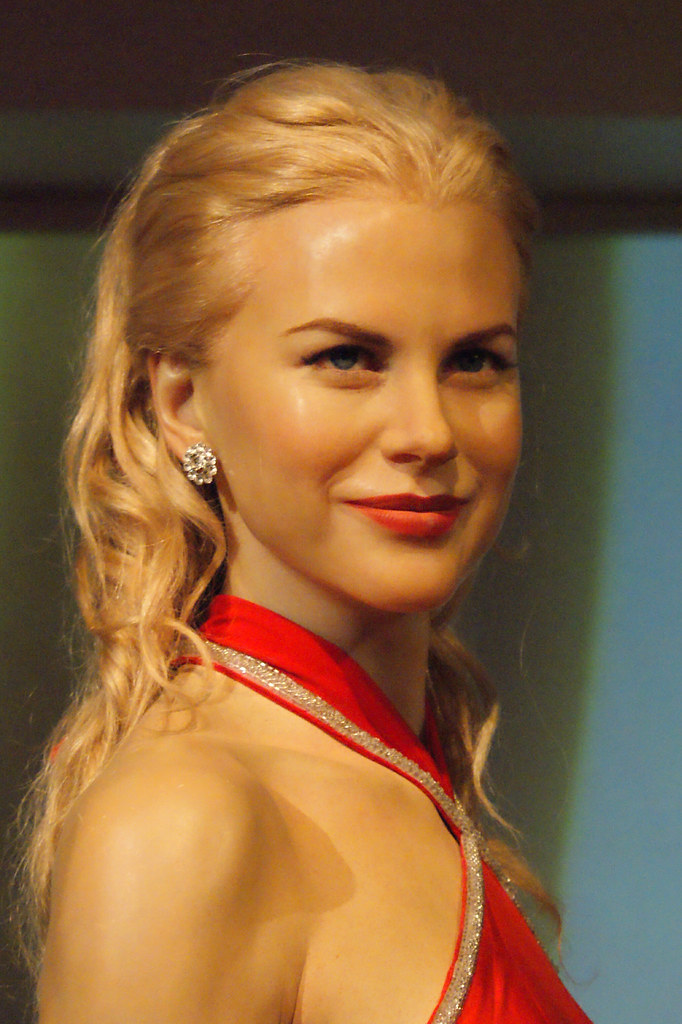
7. **Dan Cole**The sprawling corporate landscape of Dunder Mifflin extended far beyond the familiar confines of Scranton, Pennsylvania, with branches dotted across the country. In the Season 2 episode “Valentine’s Day,” viewers were introduced to one such outpost in Buffalo, New York, and its regional manager, Dan Gore, brought to life by the talented actor Dan Cole. Gore served as a compelling counterpart to Michael Scott, offering a glimpse into how other Dunder Mifflin managers operated, often with a similar blend of awkwardness and misguided ambition, yet with their own unique quirks.
Cole’s portrayal of Dan Gore provided subtle comedic relief and broadened the show’s universe. He returned in Season 3’s “Cocktails,” where he was the target of Dwight’s characteristic disdain for never having seen “Battlestar Galactica,” a moment that perfectly underscored the clash of personalities within the Dunder Mifflin hierarchy. His third appearance in Season 4’s “Launch Party” further cemented his role as a recurring, if not central, figure in the extended Dunder Mifflin family, a face that added texture and realism to the larger corporate world.
Dan Cole’s acting career, which began in the 1990s, was characterized by sporadic but impactful appearances across some of television’s most acclaimed shows. While Dan Gore was his only role played more than once, his guest spots were a who’s who of popular programs. In the 2000s, he graced episodes of “Arrested Development,” “Two and a Half Men,” and “Monk,” showcasing his ability to seamlessly fit into diverse comedic and dramatic environments. The following decade saw him appear in “Parks and Recreation,” “Brooklyn Nine-Nine,” and “NCIS: Los Angeles,” further solidifying his reputation as a reliable and versatile character actor.
Although his filmography on the big screen was not extensive, Cole did make a notable uncredited appearance as Officer Timm – a clever nod to Harley Quinn creator Bruce Timm – in the 2020 Cathy Yan-directed anti-hero adventure “Birds of Prey.” Beyond film and television, Cole also distinguished himself on stage, where his favorite role was the iconic Ebenezer Scrooge in “A Christmas Carol,” a testament to his theatrical roots and range. Dan Cole passed away in 2024 at the age of 60 after a prolonged illness, leaving behind a career that, while often in supporting roles, consistently contributed to the richness of the stories he helped tell.
Continuing our heartfelt remembrance of these extraordinary talents, we delve deeper into the lives and careers of seven more ‘The Office’ actors whose contributions, though often in supporting roles, were fundamental to the show’s rich tapestry. Their stories are a testament to the diverse and vibrant ecosystem of Hollywood, where every performance, no matter its scale, adds an indispensable layer to the cultural landscape. Through their unique gifts, these individuals enriched not only the Dunder Mifflin universe but also left indelible marks across the broader entertainment industry.
Read more about: A Melancholy Note: Reflecting on the Enduring Legacies of 15 Jazz Legends We Lost in 2024-2025
8. **Ed Lauter**Veteran character actor Ed Lauter brought his formidable presence to the Season 9 episode, “Suit Warehouse,” portraying Sam Stone Sr. In this particular installment, Dwight Schrute and Clark Duke’s character, Clark, embarked on a peculiar mission to win over the Stones, a father-son duo representing a potential new client. Lauter’s portrayal of Sam Stone Sr. was nuanced, hinting at a man whose involvement in the business might not be as active as Dwight initially presumed, adding a layer of subtle comedic tension to the negotiation.
This role was, notably, among the final acts in Lauter’s extensive and storied career, closely preceding his memorable four-episode stint on the critically acclaimed series, “Shameless.” His appearance in “The Office” served as a quiet reminder of his enduring talent, a brief but impactful turn that showcased his capacity to imbue even minor characters with gravitas and authenticity.
Lauter’s journey in acting commenced in the early 1970s, marking his first on-screen credit with an episode of “Mannix” in 1971. From that auspicious start, he became a ubiquitous presence across both the big and small screens, frequently cast in roles that capitalized on his commanding demeanor, portraying surly, gruff, and often authoritative figures such as lawmen and various officials. His consistent ability to embody these types of characters made him a highly sought-after performer in an era of prolific television production.
His television career was remarkably diverse, including a six-episode run as Fire Captain Dannaker on the popular medical drama “ER” in the late ’90s, alongside recurring roles in series like “Golden Years” and “B.J. and the Bear.” More often than not, however, Lauter made singular, impactful guest appearances on an astonishing array of hit shows, from the sun-drenched detective stories of “Hawaii Five-O” to the futuristic frontiers of “Star Trek: The Next Generation.” His filmography boasts over 100 different TV credits, a testament to his versatility and the sheer breadth of his contributions.
On the silver screen, Lauter is perhaps most widely recognized for his chilling portrayal of Joe Camber in the Stephen King adaptation, “Cujo.” Beyond that iconic role, his film credits are extensive, including appearances in classics such as “The Longest Yard” and the beloved horse-racing drama “Seabiscuit,” among countless others. Ed Lauter passed away in 2013 at the age of 74, leaving behind a monumental legacy of cinematic and television work, with four posthumous movie credits further underscoring his enduring impact.
Read more about: Unpacking Your Pint: A Healthline Deep Dive into Beer’s Nutritional Profile and Dietary Implications
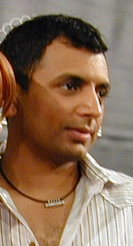
9. **Alan Fudge**Every major corporation, even one as comically dysfunctional as Dunder Mifflin, requires a CEO, and for a pivotal period, that top executive was Alan Brand, impeccably played by actor Alan Fudge. Though Brand’s presence was often mentioned throughout the series, he made a solitary yet profoundly impactful on-screen appearance in the Season 6 installment, “Shareholder Meeting.” It was in this episode that the dire financial realities of Dunder Mifflin truly came to light, as Michael Scott and his colleagues discovered Brand, the man ostensibly tasked with steering the company to safety, possessed no discernible plan to avert its impending crisis.
This single, decisive appearance underscored the corporate fragility that often loomed over the Scranton branch, adding a layer of dramatic weight to the show’s comedic core. The narrative further revealed Brand’s ultimate fate in the episode “Secret Santa,” where audiences learned he was among a group of senior executives who were unceremoniously fired. This role, in a poignant turn, marked Alan Fudge’s final on-screen acting performance, a quiet close to a distinguished career.
Throughout his professional life, Alan Fudge primarily carved out a niche as a prolific guest star and recurring character actor on the small screen. His notable contributions include memorable appearances in acclaimed legal dramas such as “L.A. Law” across the 1980s and 1990s, and a guest spot in the popular sitcom “How I Met Your Mother” in 2008, showcasing his adaptability across various genres and styles of television.
While his career was rich with supporting roles, Fudge was part of a show’s main cast only once. His most significant and enduring role came in the short-lived, yet famously peculiar, 1977 science fiction series, “The Man From Atlantis,” often cited as one of the most eccentric superhero television shows ever produced. Prior to that, he had also made an appearance in “Wonder Woman,” thus establishing a surprising, albeit intriguing, connection to the burgeoning world of comic book adaptations.
Remarkably, Fudge’s acting journey began with a role in one of television’s most iconic and longest-running shows, “Gunsmoke,” way back in 1972, a testament to his early entry into the industry’s golden age. He concluded his extensive acting career by lending his distinctive voice to the 2011 video game “Star Wars: The Old Republic.” Alan Fudge passed away in the very same year, 2011, at the age of 67, due to complications from lung and liver cancer, leaving behind a body of work that quietly but consistently contributed to the magic of television.
Read more about: Sweet Revival: 12 Vintage-Style Desserts Making a Comeback in 2025 with Nostalgic Tastes and Modern Twists
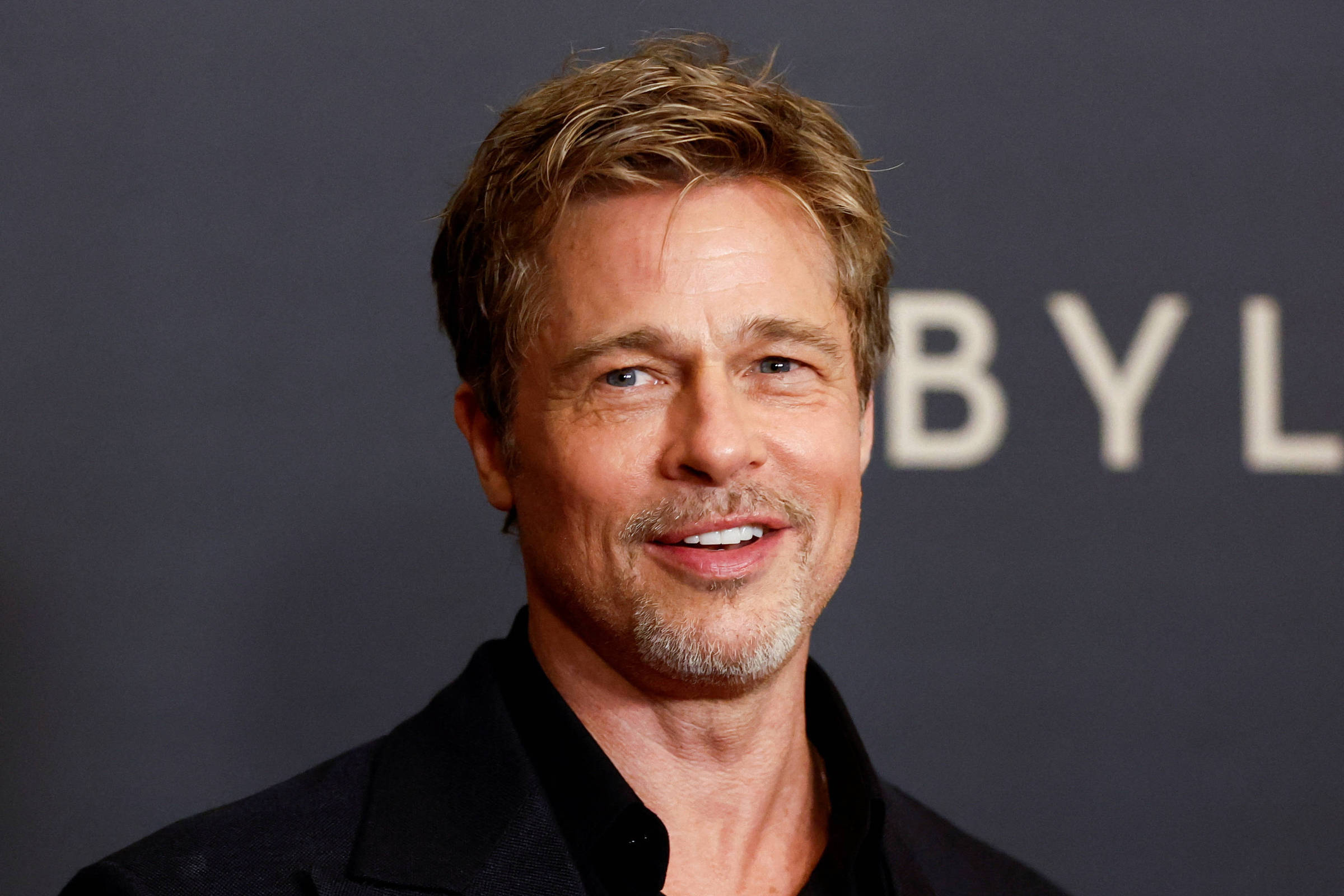
10. **Brad William Henke**In a Season 9 episode titled “Vandalism,” Pam Beesly’s meticulously crafted mural at the Dunder Mifflin warehouse became the unfortunate target of a mysterious act of defacement. The culprit was eventually revealed to be Frank, a warehouse employee, a role brought to life with a distinctive blend of menace and underlying complexity by the prolific actor Brad William Henke. Henke, a former NFL player, had a compelling backstory, having once graced Super Bowl XXIV for the Denver Broncos before injuries ultimately curtailed his football career in the mid-1990s, leading him to embark on a new chapter in acting.
This transition proved to be remarkably successful, as Henke quickly secured a series of significant roles that showcased his considerable dramatic range. Among his most prominent portrayals was that of the imposing prison guard Desi Piscatella in the acclaimed Netflix series “Orange is the New Black.” Over 26 episodes, Henke delivered a powerful performance that made his character a central and often terrifying figure, until Piscatella’s eventual on-screen demise.
His versatility extended to other highly regarded television productions. In the second season of the critically acclaimed FX crime drama “Justified,” Henke inhabited the role of Coover Bennett, a dim-witted but dangerous miscreant who emerged as one of the primary antagonists, relentlessly tormenting Deputy U.S. Marshal Raylan Givens, portrayed by Timothy Olyphant. A few years prior, he had also appeared as Bram in the final season of the enigmatic hit series “Lost,” leaving a memorable impression on its devoted fanbase.
Henke’s career was characterized by a diverse array of supporting roles that elevated numerous productions. His credits include portraying Tom Cullen in the 2020 limited series adaptation of Stephen King’s “The Stand,” Big John in “Manhunt,” and Brendon in Amazon’s “Sneaky Pete.” While he was a powerhouse in ensemble casts, his only leading role on television came in the 2007 drama “October Road,” where he starred alongside Laura Prepon, further demonstrating his capability to carry a narrative.
Beyond the small screen, Brad William Henke also achieved considerable success in film, contributing memorable performances to a variety of genres. He played key roles in the Will Smith-led Netflix original action film “Bright,” the gritty David Ayer World War II thriller “Fury,” and delivered a scene-stealing performance as Grizzly Bear Daniels in “Pee-Wee’s Big Holiday.” Tragically, Brad William Henke passed away in his sleep in November 2022 at the age of 56. His final cinematic appearance was an uncredited role in an episode of “Big Sky,” a quiet conclusion to a career marked by powerful and resonant performances.

11. **Nick Lashaway**Some guest actors on “The Office” contribute to the vibrant background of Dunder Mifflin without even having a named character, and such was the case for the young actor Nick Lashaway. He appeared in the Season 4 episode “Money,” where Michael Scott, grappling with financial woes, took on a second job as a telemarketer. Lashaway played one of Michael’s young coworkers, an unnamed “telemarketer” who, despite their brief interactions, became one of Michael’s unlikely confidantes in the bewildering new environment.
What truly makes Lashaway’s story particularly poignant is not merely his role in “The Office,” but the tragic circumstances of his premature passing. In 2016, a mere five years after his appearance in “Money,” Lashaway’s life was cut short in a devastating car crash in Framingham, Massachusetts. He was just 28 years old, an age when many actors are only just beginning to truly hit their stride, making his loss a deeply felt one within the entertainment community.
Despite his youth, Lashaway had already amassed a respectable career as a bit player, demonstrating a quiet dedication to his craft. Beyond “The Office,” his filmography included guest spots on popular series such as “Girls,” “8 Simple Rules,” and notably, an appearance as a young Fox Mulder in an episode of “The X-Files” when he was only ten years old, showcasing an early start to his professional journey.
His talents also extended to the silver screen, where he secured roles in the compelling sci-fi thriller “In Time,” which stands as one of Justin Timberlake’s more well-received cinematic efforts, and “Ghost of New Orleans.” These experiences, though in supporting capacities, helped prepare him for what would be his starring role in the 2016 independent drama “Prayer Never Fails,” directed by Wes Miller, where he shared the screen with seasoned actors like Eric Roberts, Corben Bernsen, and Lorenzo Lamas.
In a curious twist of fate that often characterizes the tightly knit world of Hollywood, Lashaway’s appearance on “The Office” was something of a reunion. Two years prior to his telemarketer role, he had actually had a small part in Steve Carell’s hit comedy film, “The 40-Year-Old Virgin.” Nick Lashaway’s story is a stark reminder of the fleeting nature of life, and the quiet impact even a brief presence can have, leaving us to wonder about the luminous career that might have been.
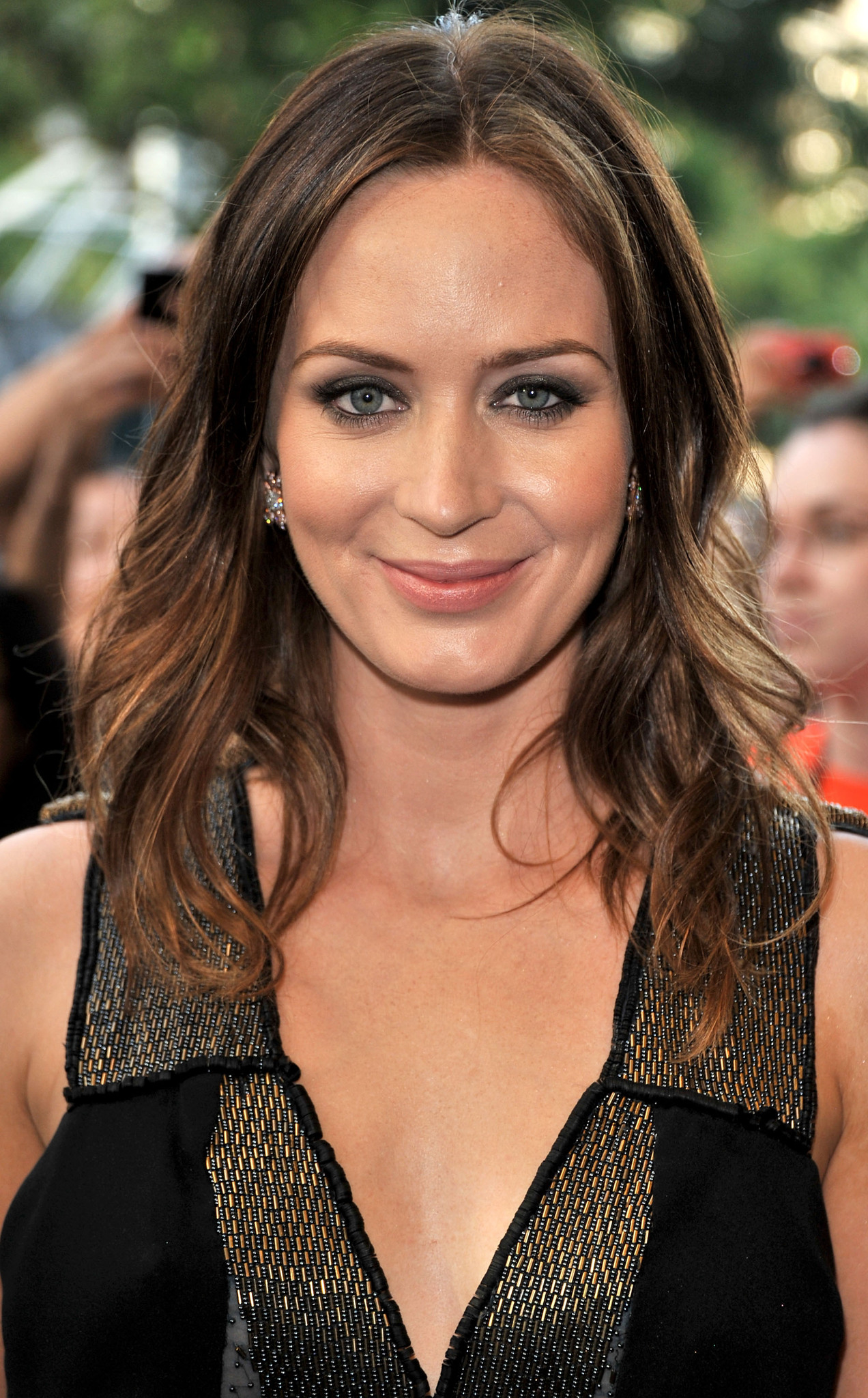
12. **George Ives**An actor whose career spanned an impressive six decades, George Ives was already in his mid-80s when he graced an episode of “The Office.” In the Season 3 installment, “Phyllis’ Wedding,” Ives delivered a memorable, if brief, performance as Al, the elderly uncle of Phyllis Vance. His character, suffering from dementia, inadvertently caused a moment of classic Michael Scott awkwardness when his inability to answer simple questions led Michael to mistakenly believe he was a party-crasher, resulting in Al being unceremoniously, and comically, escorted from the festivities.
This appearance, marked by a blend of pathos and humor, would ultimately serve as Ives’ final on-screen role. He passed away two years later, bringing to a close an illustrious and remarkably long run in Hollywood that had commenced all the way back in 1950. His final performance was a quiet echo of a career that had witnessed the dramatic shifts and evolution of the entertainment industry across multiple generations.
During the formative decades of the 1950s and 1960s, Ives became a familiar face in the burgeoning world of television, appearing in iconic shows such as “Perry Mason,” the stylish crime drama “Peter Gunn,” and several distinguished playhouse productions like “The United States Steel Hour.” His versatility and reliable presence quickly made him a sought-after character actor in the golden age of live and recorded television.
His impressive list of credits continued to grow with appearances in beloved family comedies like “My Three Sons,” the groundbreaking anthology series “The Twilight Zone,” and the wholesome classic “The Andy Griffith Show.” In 1965, he achieved a significant milestone by securing his first major recurring role in “Mister Roberts,” a television series adapted from the popular 1955 movie. In this capacity, he succeeded William Powell in the role of “Doc” from the original film, demonstrating his capacity to step into established and cherished characters.
While popular on television throughout the 1970s, Ives largely stepped away from regular work in the 1980s and 1990s, making a notable return to the screen in the 2001 film “The Man Who Wasn’t There.” Before his memorable turn in “The Office,” he also made guest appearances in a pair of episodes of “The King of Queens.” George Ives passed away in 2013, at the age of 87, leaving behind an expansive and deeply varied career that served as a profound testament to the craft of acting across half a century.
Read more about: Donald J. Trump: A Deep Dive into the Divisive Legacy of a President, Businessman, and Media Mogul
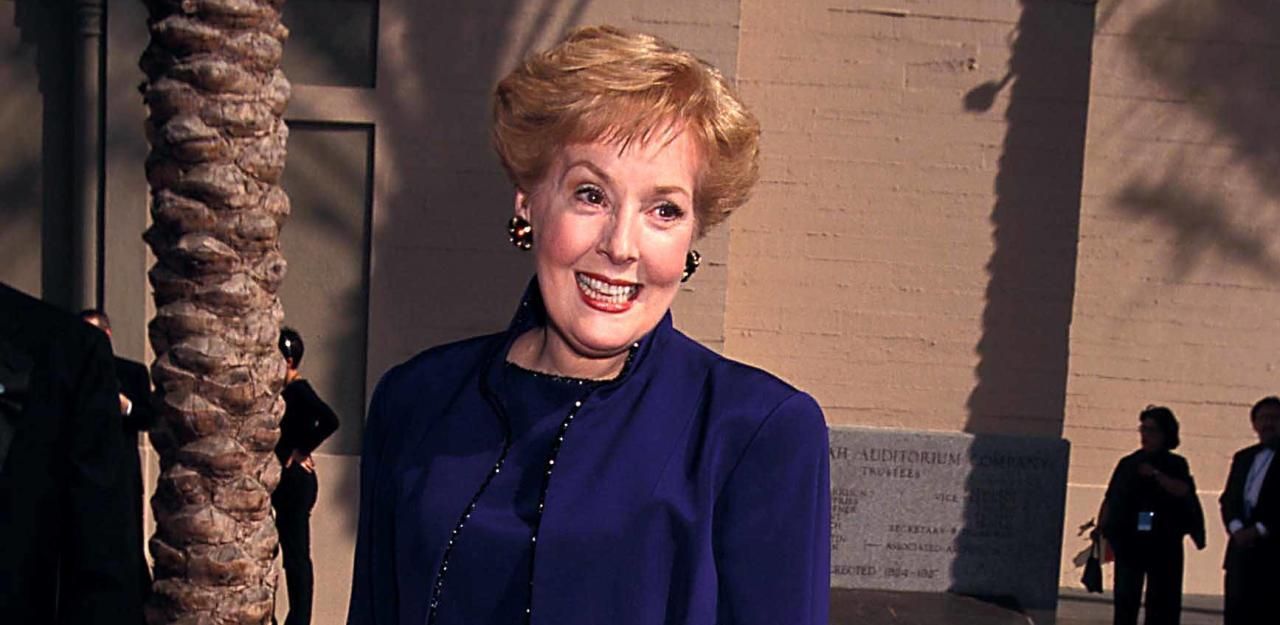
13. **Georgia Engel**In the eighth season of “The Office,” when receptionist Erin Hannon ventured to Florida, she secured a job as a live-in maid for an elderly woman named Irene. This character was brought to life by the legendary actor Georgia Engel, whose gentle demeanor and distinctive voice had charmed television audiences for decades. Erin initially encountered Irene during the chaotic launch of Sabre’s new retail store, an introduction that brought a seasoned veteran of television comedy into the Dunder Mifflin extended universe.
Longtime television viewers undoubtedly recognized Engel from her iconic portrayal of Georgette Franklin Baxter on “The Mary Tyler Moore Show,” a role that endeared her to millions and earned her two Emmy nominations. Audiences from the 1990s might fondly recall her as Pat MacDougall from “Everybody Loves Raymond,” for which she received three more Emmy nominations, while more recent viewers would recognize her as Mamie Sue on “Hot in Cleveland,” showcasing her enduring appeal across different generations and comedic sensibilities.
Engel’s illustrious career, punctuated by five Emmy nominations across nearly a 25-year span, was a testament to her unique comedic timing and ability to infuse characters with warmth and innocence. Beyond her most famous roles, she also held significant recurring parts in other popular shows, including “Coach” and “Goodtime Girls,” as well as making notable appearances in “The Betty White Show” and “Passions,” cementing her reputation as an unsung queen of television.
Her talents were not confined to live-action television; Engel also enjoyed a vibrant career in film, particularly excelling in voice acting for animated characters. She lent her distinctive voice to the giraffe in “Doctor Dolittle 2” and played Bobbie in all three installments of the beloved “Open Season” film series. Additionally, her voice graced animated classics such as “Hey Arnold!,” “Hercules,” and “The Care Bears Movie,” demonstrating a remarkable versatility in bringing a wide array of characters to life.
Adding another dimension to her formidable talent, Engel also cultivated a celebrated career on stage, appearing in beloved productions such as “Hello Dolly!” and “The Drowsy Chaperone,” which earned her a Tony Award nomination. Georgia Engel passed away in 2019, at the age of 70, leaving behind a rich and multifaceted legacy that spanned stage, screen, and animated worlds, consistently bringing joy and charm to audiences worldwide.
Read more about: Remembering the Legends: 10 Beloved ‘Two and a Half Men’ Actors Who Have Left Us Too Soon
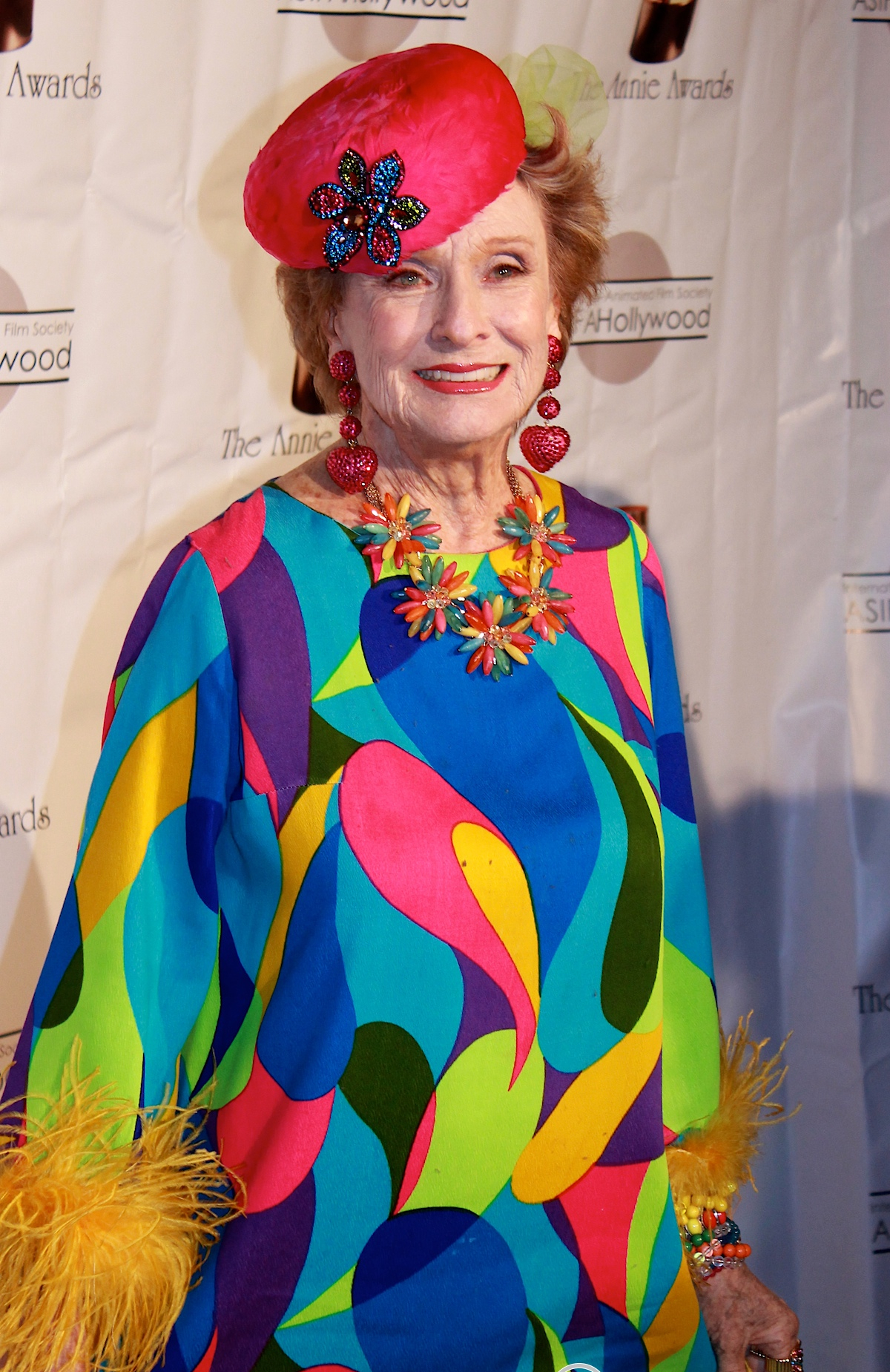
14. **Cloris Leachman**”The Office” was a master of meta-humor, even creating fictional shows and films within its own universe. One such creation was the dramatic movie, “Mrs. Albert Hannaday,” featured in the Season 5 episode, “Stress Relief.” For this one-off parody, the producers spared no expense, enlisting Hollywood luminaries Jack Black and Jessica Alba to portray Sam and Sophie, the film’s lead roles. Completing this star-studded cast, the iconic TV legend Cloris Leachman was brought in to play Sophie’s grandmother, Lily, adding an unparalleled layer of gravitas and comedic timing to the scene.
Leachman was, by any measure, one of the most decorated actors in the history of the Emmy Awards, boasting an astonishing eight trophies from 22 nominations—a testament to her prodigious talent and sustained excellence. Her wins arrived early and often, solidifying her status as a comedic and dramatic force. In the 1970s, she received six Emmy nods for her beloved portrayal of Phyllis Lindstrom on “The Mary Tyler Moore Show,” and secured another for embodying the same character in her own spin-off series, “Phyllis.”
Her enduring appeal and exceptional skill continued to be recognized across generations. She later earned a pair of Emmys for her unforgettable recurring role as Malcolm’s formidable and no-nonsense grandmother, Ida, in the hit sitcom “Malcolm in the Middle.” Her final Emmy nomination, a remarkable capstone to her career, came in 2011 for her guest-starring role in “Raising Hope” during its first season, which later transitioned into a series regular position.
Notably, one of Leachman’s earliest and most chilling roles was in the classic 1961 “Twilight Zone” episode, “It’s A Good Life.” In a rare and fascinating full-circle moment, she reprised her role as Agnes Freemont more than four decades later in an episode of the 2002 revival, demonstrating her lasting connection to enduring narratives. Beyond television, Leachman was also an Academy Award winner, honored for her compelling supporting role in the critically acclaimed film “The Last Picture Show.”
Cloris Leachman passed away in 2021 at the remarkable age of 94, leaving behind a towering legacy that spans multiple decades, genres, and awards. Her career was a masterclass in acting, from groundbreaking television comedy to profound dramatic film, and her presence in “The Office,” however brief, was another shining moment in a truly unparalleled life in entertainment.
Read more about: Remembering the Legends: 10 Beloved ‘Two and a Half Men’ Actors Who Have Left Us Too Soon
As we conclude this heartfelt remembrance, it becomes abundantly clear that the magic of “The Office” was not solely crafted by its central ensemble, but was profoundly enriched by a constellation of talented individuals whose faces and performances, though sometimes fleeting, etched themselves into the memories of devoted fans. These actors, many of whom have now passed, were vital threads in the intricate tapestry of Dunder Mifflin, each bringing a unique energy and authenticity that cemented the show’s place in television history. Their diverse careers, spanning stage, screen, and even voice acting, speak to a dedication to their craft that extended far beyond the confines of a single sitcom. Their legacies endure, not just in the reruns of “The Office” that continue to delight new generations, but in the vast body of work they left behind, reminding us that every contribution, big or small, plays an essential part in the grand narrative of entertainment. They may be gone, but their artistry and the joy they brought to millions remain vibrantly alive.



